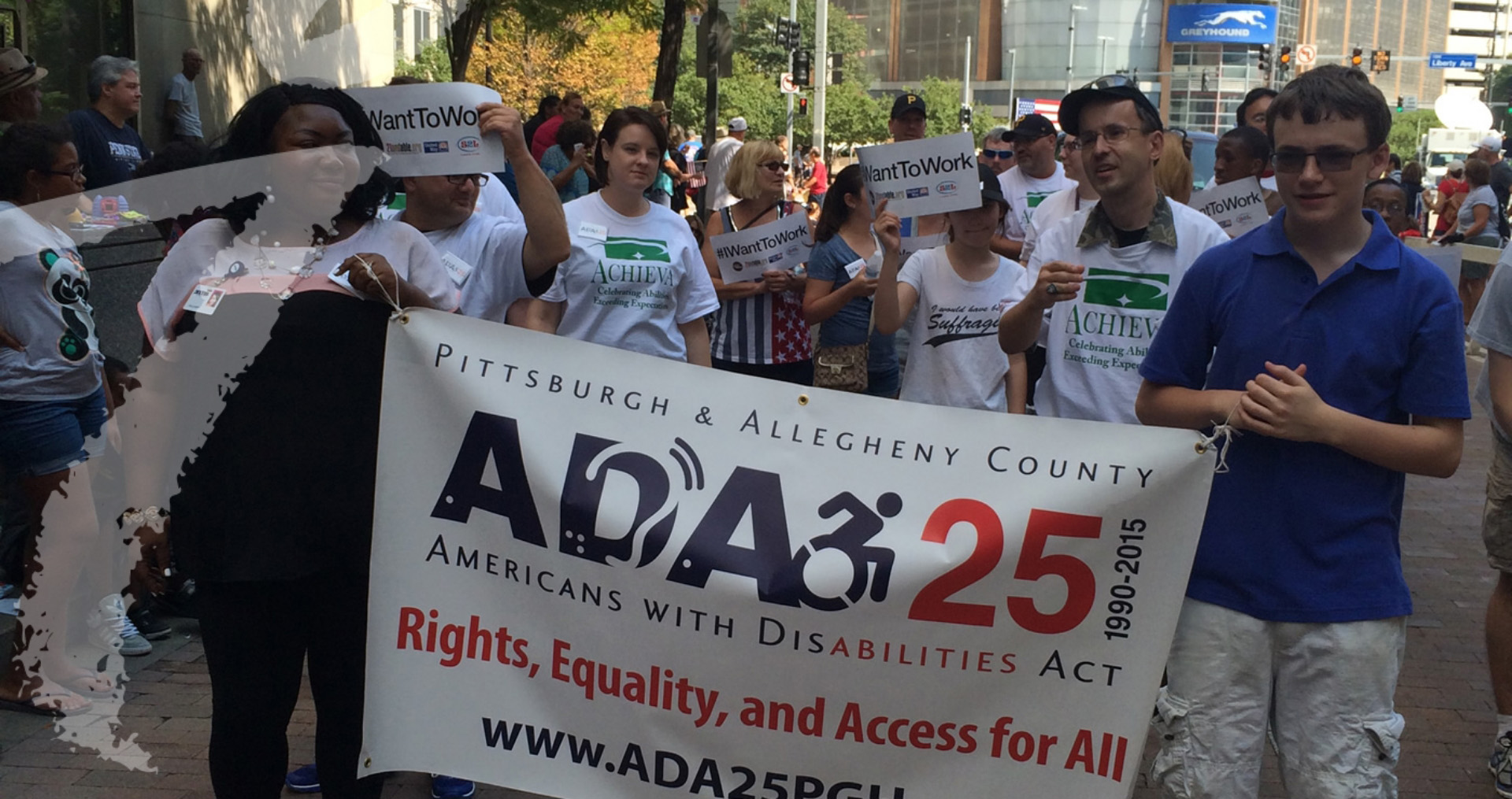FISA Foundation continues its longstanding commitment to promoting equity and justice for women, girls and people with disabilities by awarding nearly $450,000 to 14 organizations working to advance the rights and address the needs of these populations. “Our grantee partners are working boldly and creatively to address longstanding inequities that have been exacerbated by the COVID-19 pandemic. We applaud their efforts and are proud to invest in their work to create a fairer, more equitable community.” explained Kristy Trautmann, FISA’s executive director.
Grants benefitting people with disabilities:
Recognizing that coronavirus has disproportionately affected people with disabilities, FISA Foundation issued an open call for letters of inquiry for disability-focused funding. The foundation received 56 inquiries and ultimately awarded 10 grants to address a range of issues from education rights to healthcare access.
Ms. Trautmann noted that several new grantees specifically address the intersection of race and disability and are led by women of color. “We believe that it is critical to support organizations that are working to change systems and policies that affect Black and brown children with disabilities whose needs have often been overlooked because of systemic racism.” These grants include:
- $25,000 to Autism Urban Connections, Inc., the first and only African American, Autism-focused nonprofit in Pennsylvania. According to its founder and executive director, Jamie Upshaw, “Black parents often experience difficulties and delays in getting expert assessments when they are concerned about the development of their children. Misdiagnosis is common. As a result, therapeutic interventions are delayed, and early intervention is critical for children with autism. I established Autism Urban Connections to address the lack of supports, education, and resources available in the African American, minority, and economically disadvantaged communities.” Grant funding will support the organization’s programs, as well as essential care packages for families during COVID-19. Upshaw commented, “The whole family needs to be stable for the child to succeed, so we help meet basic needs and provide additional support to families whose Autistic children are struggling with online education and changes in routine caused by the pandemic.”
- $25,000 to One PA (via fiduciary Center for Popular Democracy) to support education justice through parent-to-parent outreach and organizing. This effort will particularly focus on addressing disproportionate discipline and policing of students of color with disabilities in public schools.
- $25,000 to the Youth Advocacy Clinic at Duquesne University’s School of Law for its work representing children of color in school discipline and special education matters, as well as to create resources that address the current crisis in education created by the COVID-19 pandemic. The Clinic’s founder and director, Professor Tiffany Sizemore noted, “The Youth Advocacy Clinic works to dismantle the school-to-prison pipeline by representing children who have been historically ignored or marginalized in various systems and who are often legally charged for behavior problems related to their disability. Our holistic approach addresses root causes for the behavior and provides ongoing IEP support, monitoring, and feedback on how to improve the educational experience for clients.”
Three grants support advocacy on urgent issues ranging from healthcare access to criminal justice reform:
- $35,000 to Pennsylvania Health Law Project to ensure that people with disabilities can access needed health care and to advocate for policies that address their health care needs. This is particularly urgent during COVID-19 to safeguard in-home supports and services.
- $25,000 to Neighborhood Legal Services to expunge the criminal records of people with disabilities who are often unjustly arrested because their behaviors are misinterpreted as criminal, rather than arising from a disability.
- $25,000 to East Suburban Citizen Advocacy for advocacy on behalf of people with disabilities, particularly to respond to emergencies during COVID-19.
In the spirit of the disability mantra, “Nothing about us without us,” FISA also awarded two grants to amplify the voices of people with disabilities whose views are often dismissed or left out of the public conversation.
- $20,000 to AAC United (via fiduciary AAC Institute), a newly forming organization by and for individuals with disabilities who use augmentative and alternative communication (AAC). This project will promote peer learning, independence and advocacy.
- 20,000 to All Abilities Media (via fiduciary Point Park University), to elevate the voices of individuals with disabilities in the public conversation by equipping them with media and communication skills. Its award-winning podcast, A Valid Podcast raises awareness of disability issues and has garnered an impressive following.
Recognizing that COVID-19 created financial stress for nonprofit organizations providing essential services to people with disabilities, FISA approved:
- $25,000 in general operating support to Blind and Vision Rehabilitation Services
- $25,000 to The Children’s Home of Pittsburgh & Lemieux Family Center to support A Child’s Way, a comprehensive day care for medically fragile children.
Grants benefitting women and girls:
FISA also awarded five grants totaling nearly $200,000 to support vulnerable women, empower girls, and prevent domestic and sexual violence:
- $40,000 to Fayette County Community Action Agency, Inc. to support the Nurse-Family Partnership, an evidence-based program focused on improving the health and social functioning of low-income, first time mothers.
- $25,000 to HEARTH, for general operating support for transitional housing services for homeless women and their children who have experienced violence or other trauma.
- $30,000 to Women and Girls Foundation of Southwest Pennsylvania to support GirlGov, a program that empowers and trains high school girls through advocacy, education, and interactions with female elected officials.
- $100,000 to United Way of Southwestern Pennsylvania to support Southwest PA Says No More, a regional effort to prevent domestic and sexual violence., and Coaching Boys Into Men, an evidence-based sexual violence prevention program.

